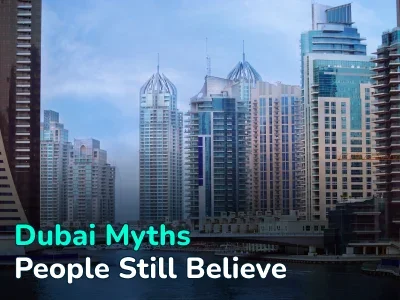
“Prices in Stores Change Consistently Once a Month.” Cost of Living in Hungary, Language Learning, Pros and Cons—Personal Experience
How much money do you need to live in Hungary? Is it possible to live in this country without knowing Hungarian? How are things going with prices and wages in the country? Kristina Safonova told us about life in a small Hungarian town, working on radio and traveling around the country.
About moving to a small Hungarian town and working on the radio
— My name is Christina, I'm 27 years old. I was born in Voronezh and lived there all my life. I love my city very much, I consider it very comfortable to live in every sense. However, I have always loved to travel — so far I have traveled to 39 countries. In general, my passion for traveling and discovering new cultures overpowered me, and I moved to Hungary.
And it happened like this: at the end of 2022, I launched my podcast “Normal People” — I was very fascinated by the creation process, but my main work did not allow me to completely immerse myself in this matter. And then fate gave me a gift, there is no other way to call it: I found a project from the European Solidarity Corps, which recruited volunteers to work on radio in Hungary. I immediately sent my application because I already had relevant experience. As a result, I successfully passed the selection out of 500 candidates.
On the project, I create radio programs on various topics in English and Russian. My team of volunteers includes incredible guys from Georgia, Morocco, France, Turkey and Italy. The radio audience is young people, students and high school students.
Many people do not understand who will listen to radio in Hungary in Russian or French. However, in the city where the project takes place, there are a huge number of schools in which Russian, Italian, and French are the second languages. And at the local university there is a department of Slavic studies. By the way, once a week, I also teach Russian at school for 11th grade.
It so happens that in the context of my work, I come across numerous teenagers and students. And these are wonderful guys! They are open to new things, think positively, and want changes for the better in their country.
By the way, in the 4th grade in Hungarian schools they stop teaching all subjects (except the basic ones) for a year and only teach English—15–20 hours a week. Thanks to this, the entire younger generation speaks fluent English.

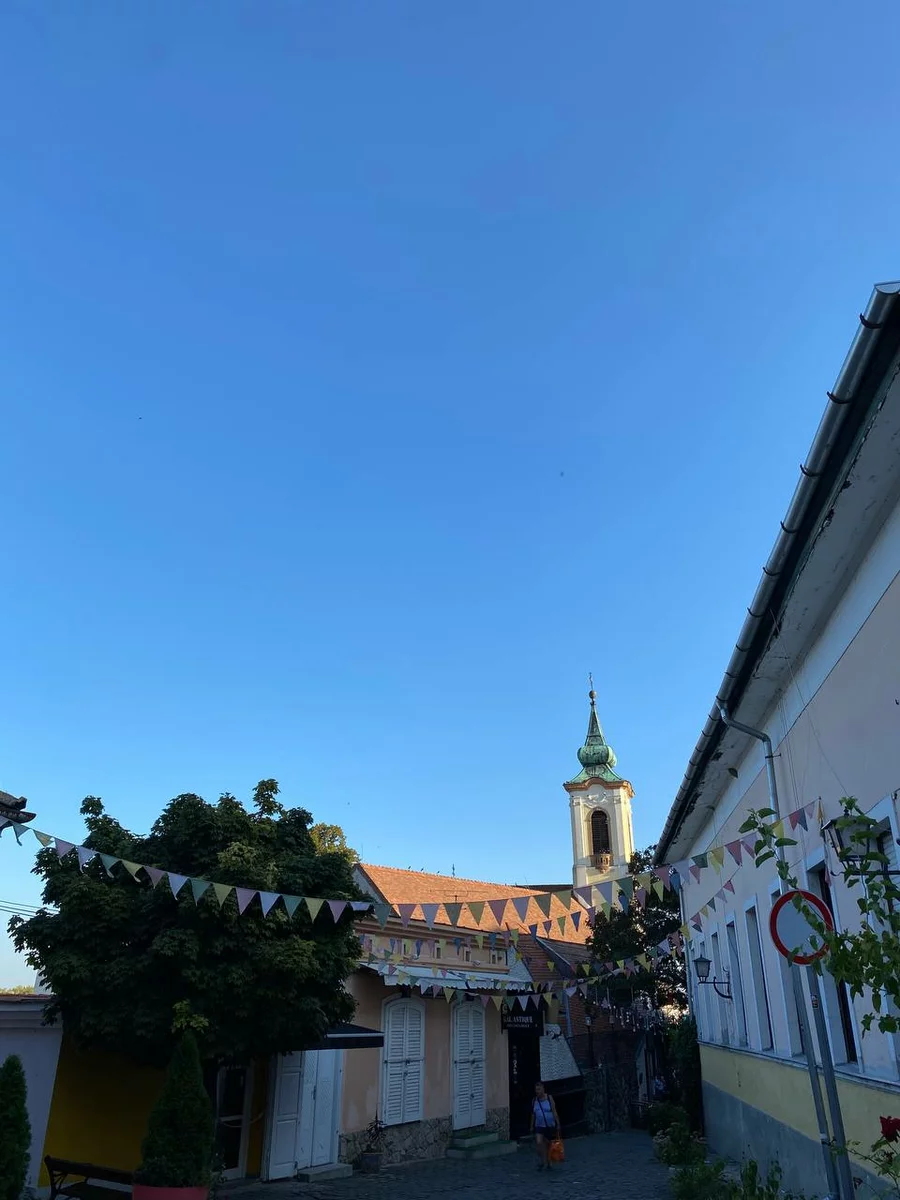

— I moved to Hungary in March 2023. I live in the small town of Nyeregyhaza. It is the 7th largest city with a population of 120,000 people. After Voronezh, a city with a population of over a million, Nyeregyháza seems like a large village, but it has its own charm.
I don’t like big cities, but here there is everything you need: shopping centers with popular brands, the international airport is 40 minutes away, and the best wine region with its festivals and the wine capital of Tokaj is 30 minutes away by train. To Budapest—3 hours. Compared to distances in Russia, this is nothing!
In general, I knew where I was going: I wasn’t afraid that it wouldn’t be the capital, and that most likely it would be boring there. Sometimes I miss good coffee shops and nice places to go for lunch. There are no clubs in the city, the closest ones are in Debrecen (30 minutes away). There are only a few bars, but I'm not a big party person, and if you do party, you can easily drive to Budapest—there is an incredible choice of places!
Provincial Hungarian cities are quite modest; they do not have the infrastructure to which we are accustomed. It’s difficult to get an appointment at a hairdresser or manicure here, and the masters use working methods that are 10 years old. For example, during a manicure I soak the cuticles in a bath of water—they probably haven’t heard of hardware manicure here. Laser hair removal costs astronomical amounts of money! But these are all trifles—in the end, this does not affect the overall quality of life.


About the pros and cons of living in Hungary
— Hungary was one of my favorite countries even before moving. It is difficult to name a rational reason to explain this. But it’s just nice and cozy here. Feeling “at home” in the best sense of the word. At the same time, Hungary is a classic European country with good transport infrastructure, a high level of security, and a large selection of brands, products, and entertainment.
Hungarians have a lot in common with Russians: it is not so easy to establish contact with a stranger, but once you make friends, they will immediately offer you Polinka (Hungarian vodka) and open their whole soul. Hungarians are quite family-oriented, do not work extra hours, and love to organize various festivals, be it the Polinka festival or electronic music festival.
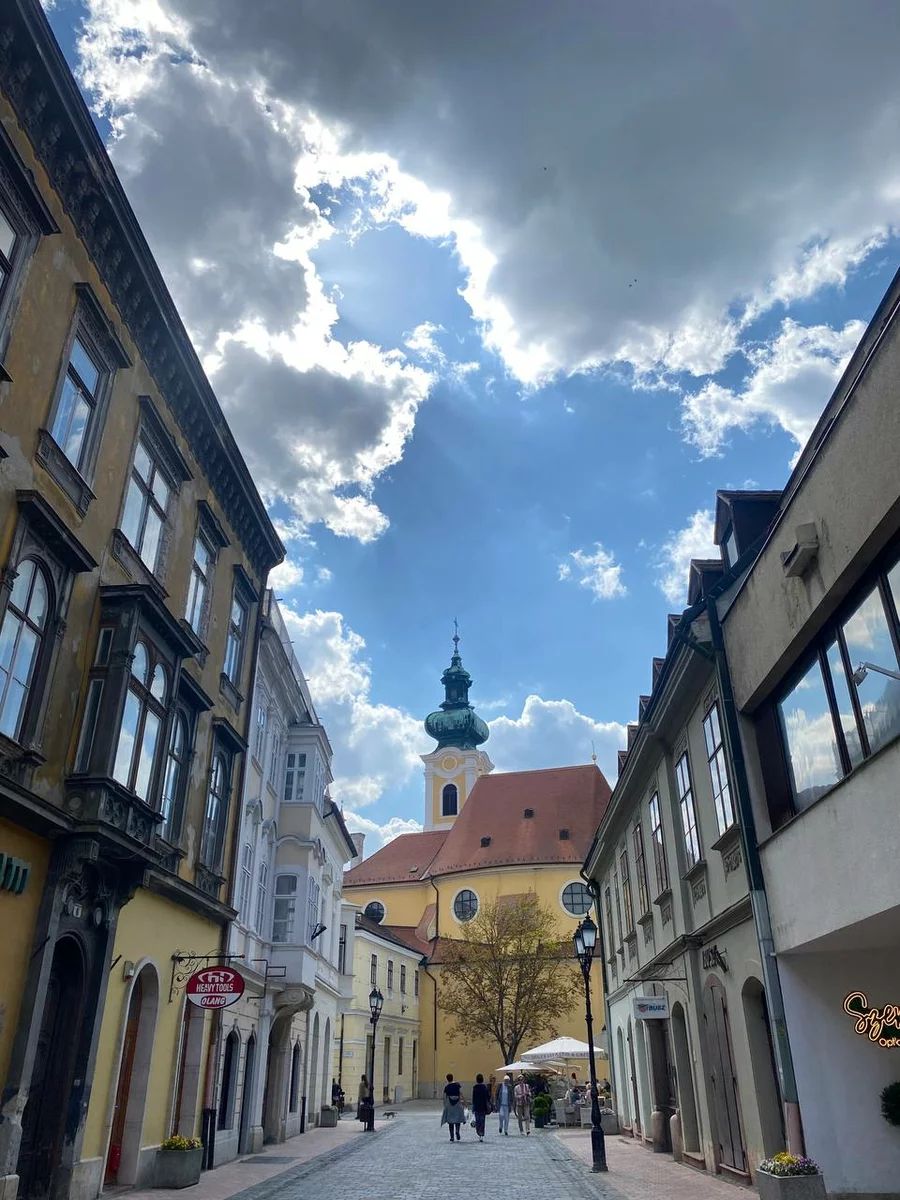
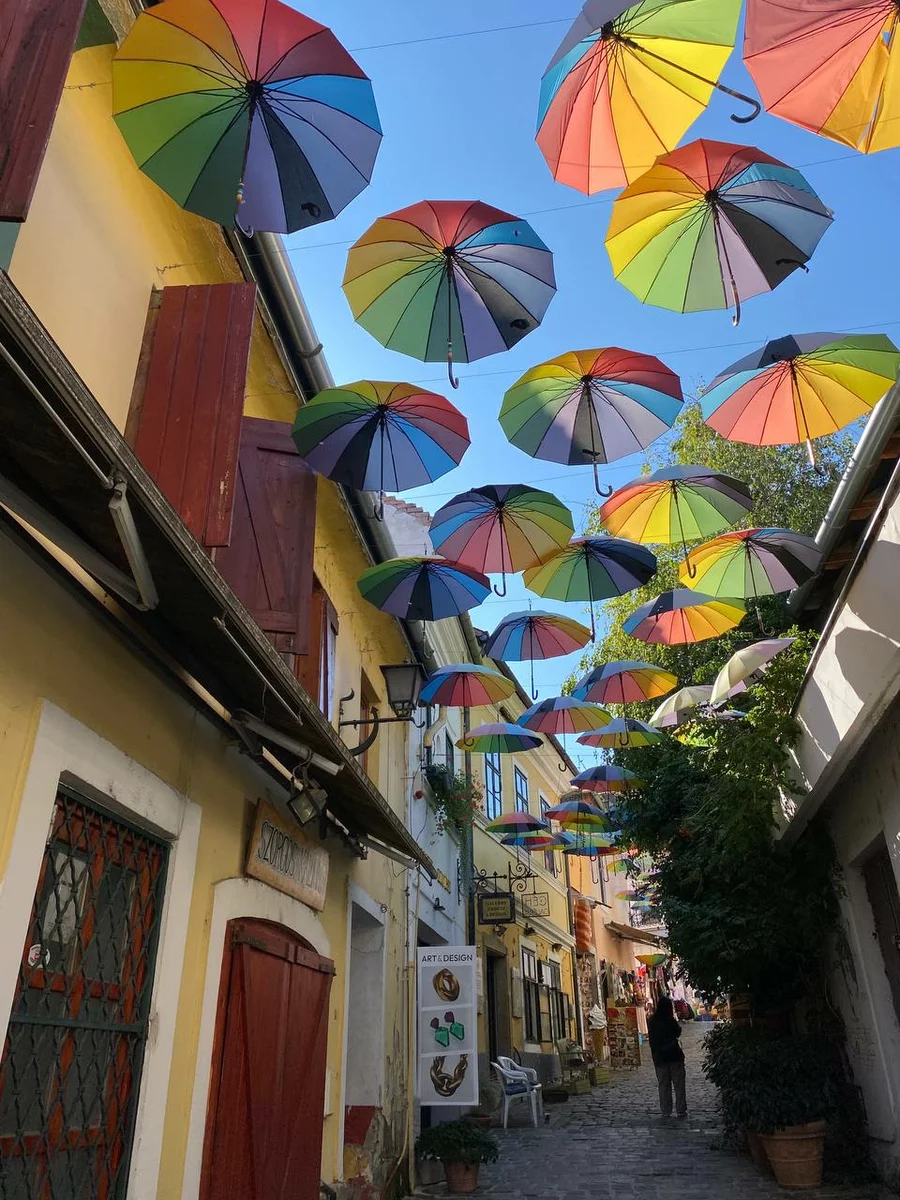
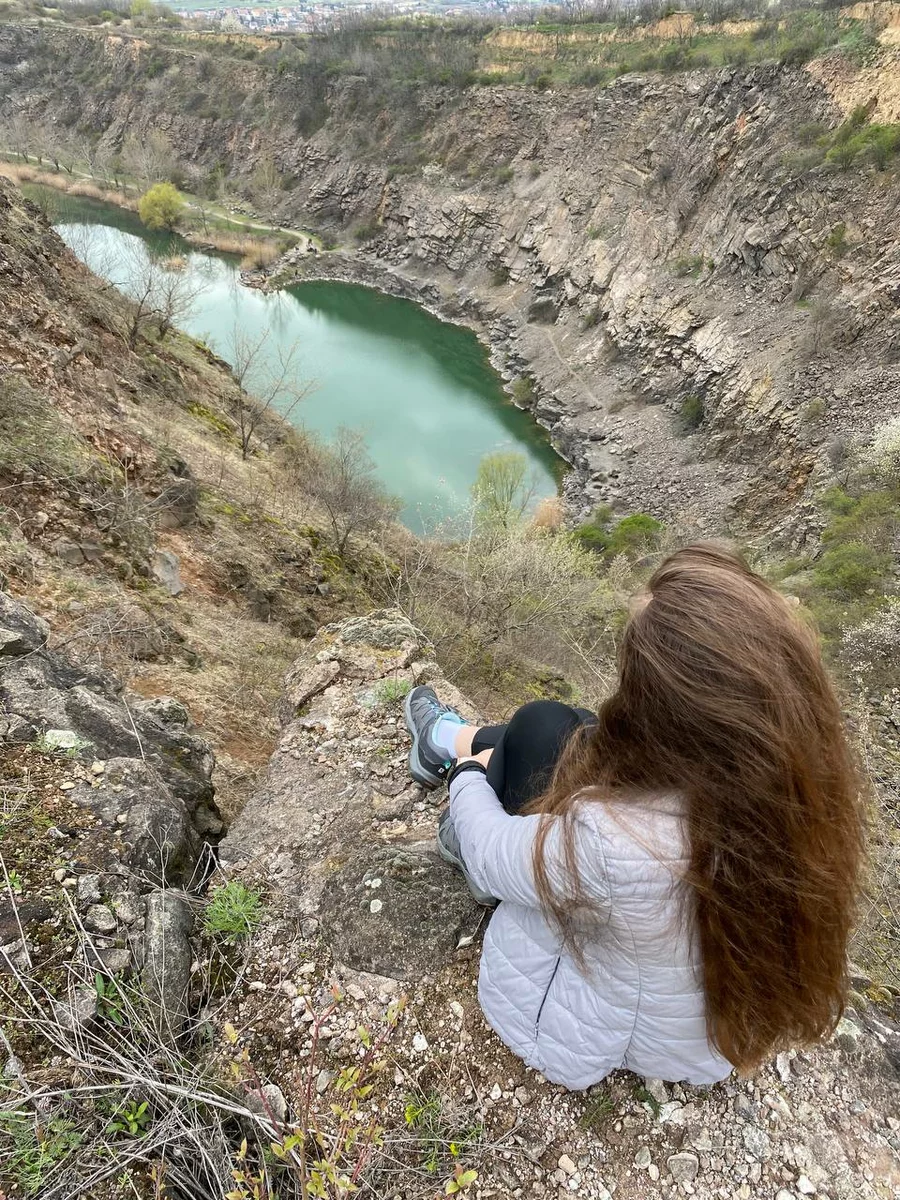
— Probably the most significant disadvantage that I have encountered so far is the lack of English-speaking doctors in the city where I live. But there is a solution to this too — in Budapest I found an excellent clinic for expats, where all the staff speak English.
In Hungary, as in Europe in general, there is a shortage of personnel among doctors, so sometimes you can wait several weeks for an appointment. The speed of treatment in Hungary is largely a matter of price. But specialists here use exclusively evidence-based methods and global protocols. I managed to solve my long-standing problem literally in one visit to the doctor, whereas in Russia I spent about a year going to different doctors and getting the wrong treatment.
I also can’t get used to the fact that trains in Hungary are constantly late—I won’t lie, it’s very annoying. There has never been a situation where I arrived in Budapest without delay. 30–40 minutes is the normal time for trains to be late in the country. Therefore, a long journey with connections needs to be planned with plenty of time.


About average salaries and prices
— Hungary is a fairly poor country by EU standards. The average salary of an office worker in Budapest is €800.
In general, on the streets, there is no noticeable heavy luxury or pretentious luxury in the appearance of people. Few leave the country, even though plane tickets, for example, to Cyprus cost €20–30 roundtrip, and there are many destinations with such prices. By the way, Hungary is an excellent transport hub for traveling to different parts of Europe.
The cost of living varies greatly depending on location and lifestyle. For 2022-2023, inflation in Hungary was 33%, and this is the highest in the EU. Prices in stores change regularly once a month. But it seems to me that it is still cheaper than in other EU countries. If before it was cheap in Hungary, now it’s not too expensive.
Here are some examples of prices: jeans from the new H&M collection will cost 10,000ft (≈€30), a filling of one tooth—from 20,000ft (≈60€), a cappuccino costs 1200ft (≈€3), 10 eggs—700ft (≈€1.8)
Provided that you do not have a special diet, you cook at home, take a lunch box with you to the office and do not deny yourself the desire to drink coffee after work with friends, then 90,000 ft (≈220€) per month should be enough for groceries.
About Hungarian cities and oldest wineries
— Hungarian is the 4th most difficult language in the world. Words in Hungarian are incredibly long, since their endings contain the entire meaning of the phrase (the reason for this is the lack of prepositions). There are only 4 letters “O” in the alphabet, and they all have different sounds. It's the same story with the letter “U”.
If you live in Budapest, then not knowing Hungarian is not a problem. I have an example of a friend who graduated from college, opened his own business, bought real estate, and began to learn the language only after 5 years of living in Hungary. But of course, the Hungarians’ attitude towards you will be completely different if you even slightly try to learn the language and speak it.
I believe that if you intend to live in a country, then learning the language is simply necessary, and this is true for any country.


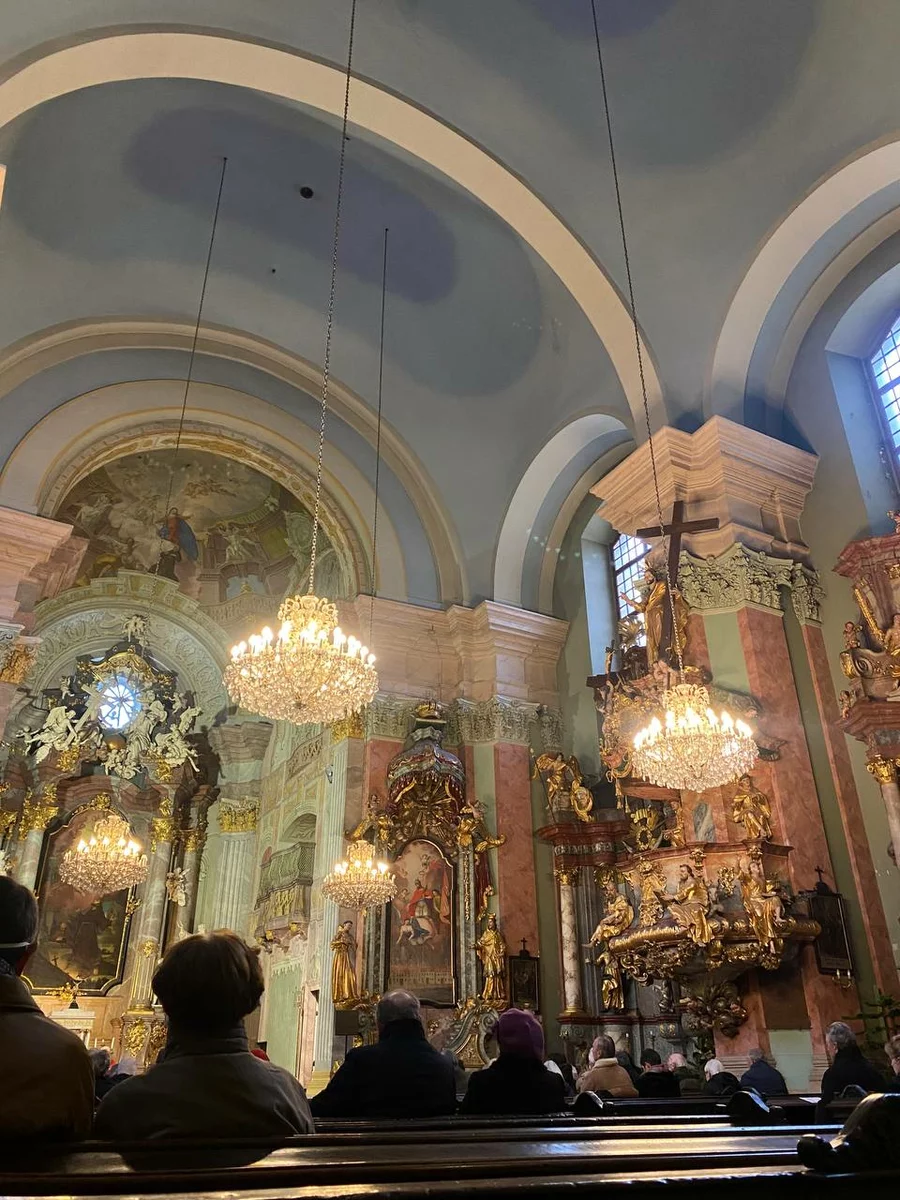
— Hungary is a fairly compact country: you can get to any point from Budapest in 2–3 hours by train or car. Another advantage is that it borders seven countries, so going to Slovenia for a weekend, for example, is as easy as shelling pears!
Hungary has great places for any type of holiday. Budapest is great for partying and going to museums and concerts. And if you want to get away for a while, you can go to the small town where marzipan is produced—Santendre (only 40 minutes from the capital).
The city of Tokaj produces the oldest Hungarian wine, Tokaj, which is more than 400 years old. The city itself looks like a fairy-tale village, and every house hides a family winery where you can taste the best varieties of the wine harvest.
The city of Eger is famous for its “valley of beauties”, where you can also taste the best wines from 150 local producers. And the prices are simply fabulous—from 1€ per glass.
I love visiting the city of Gyor, which with its architecture reminds you that Hungary was part of the Austro-Hungarian Empire.
When it’s hot, you should definitely go to Balaton—locals call it the Hungarian Sea.
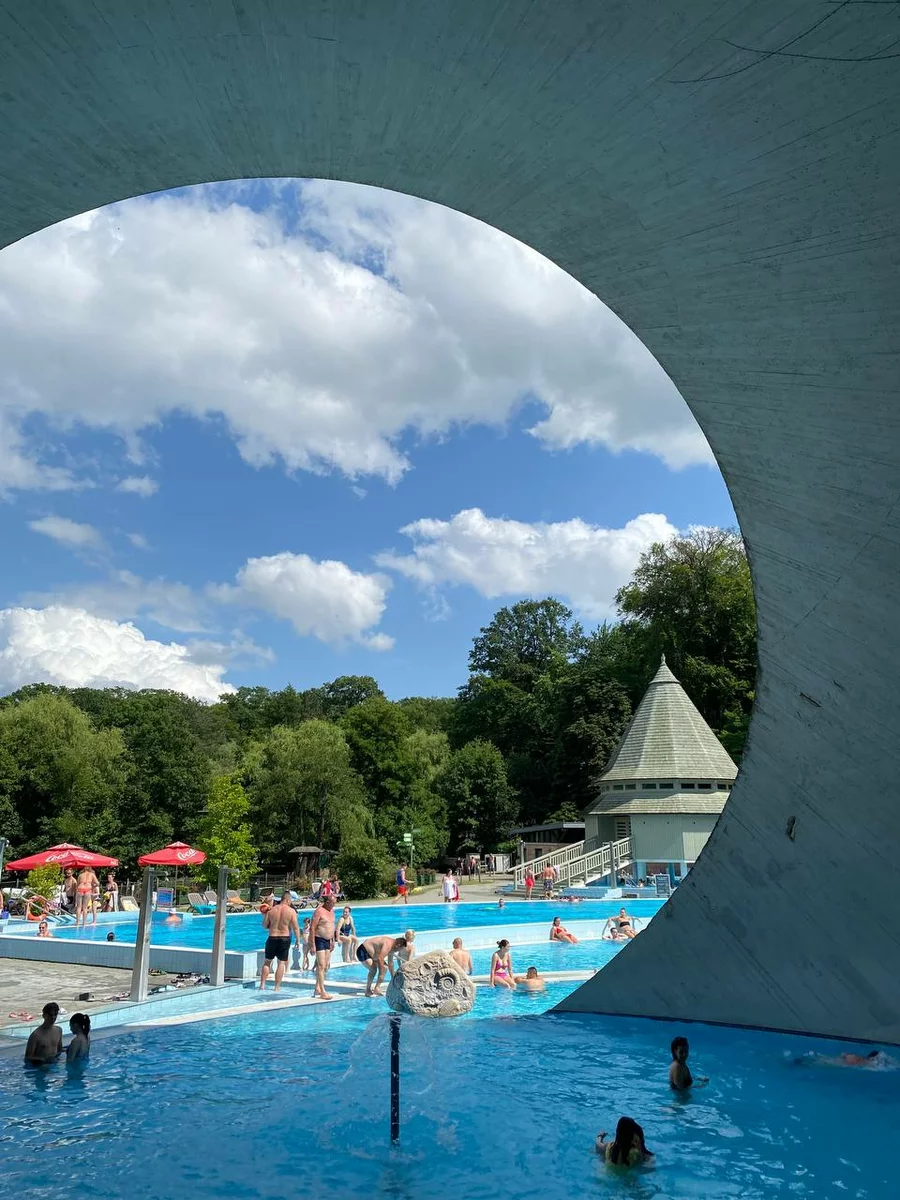
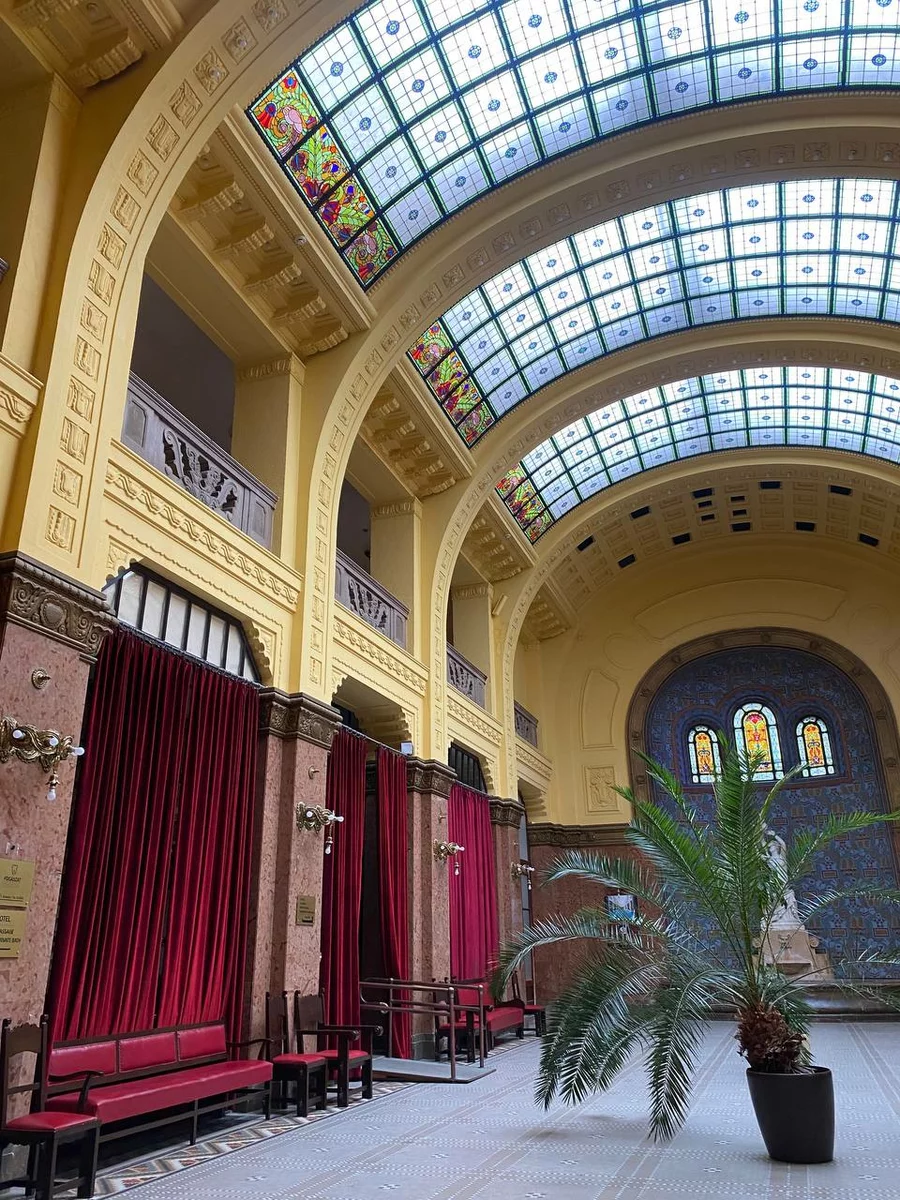
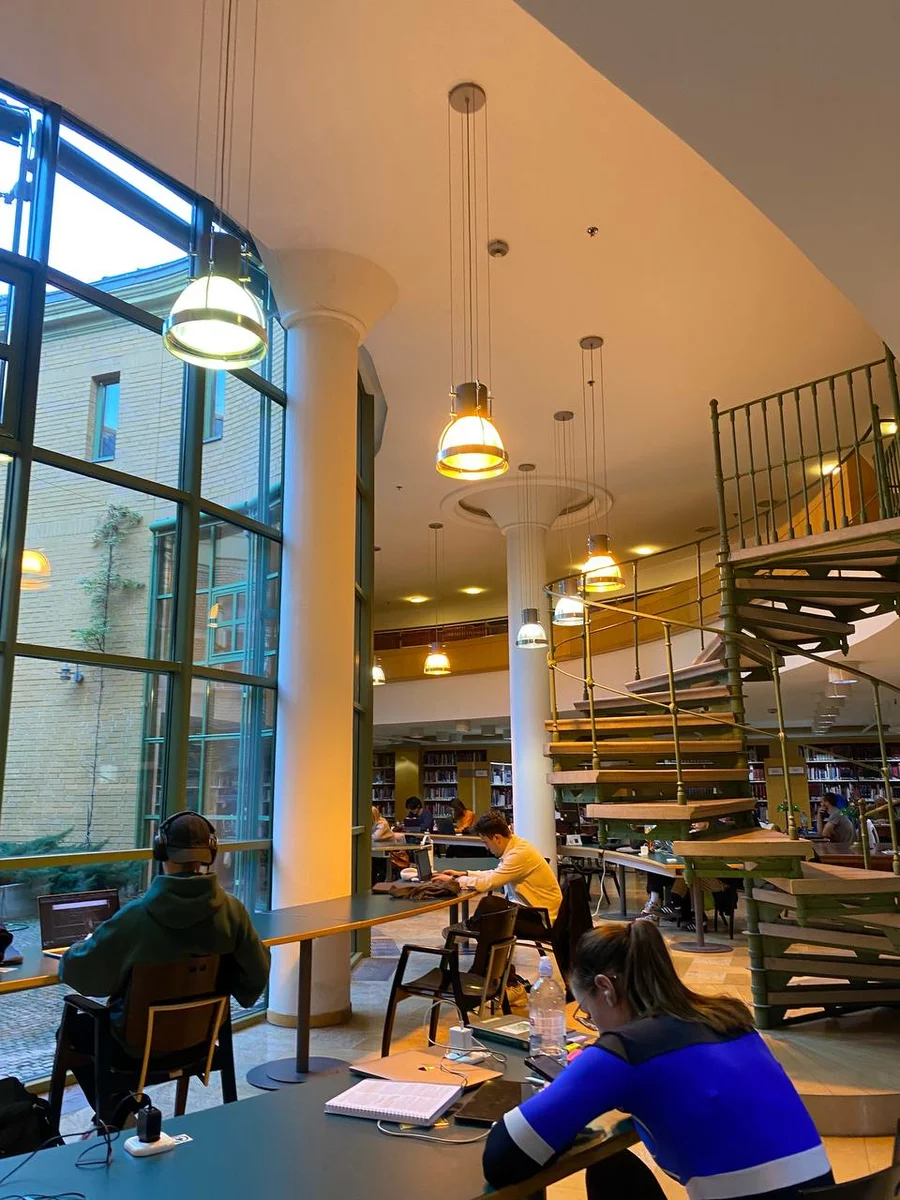
I like living in Hungary: it’s calm, but there’s always something to do. Hungary positions itself as a country for family holidays, so I think that living here with family is also great.
I would recommend Budapest to those who want to build an international career, since there are many representative offices of a variety of international companies—from Lego to Morgan Stanley—and all of them are constantly looking for different specialists, including native Russian speakers.
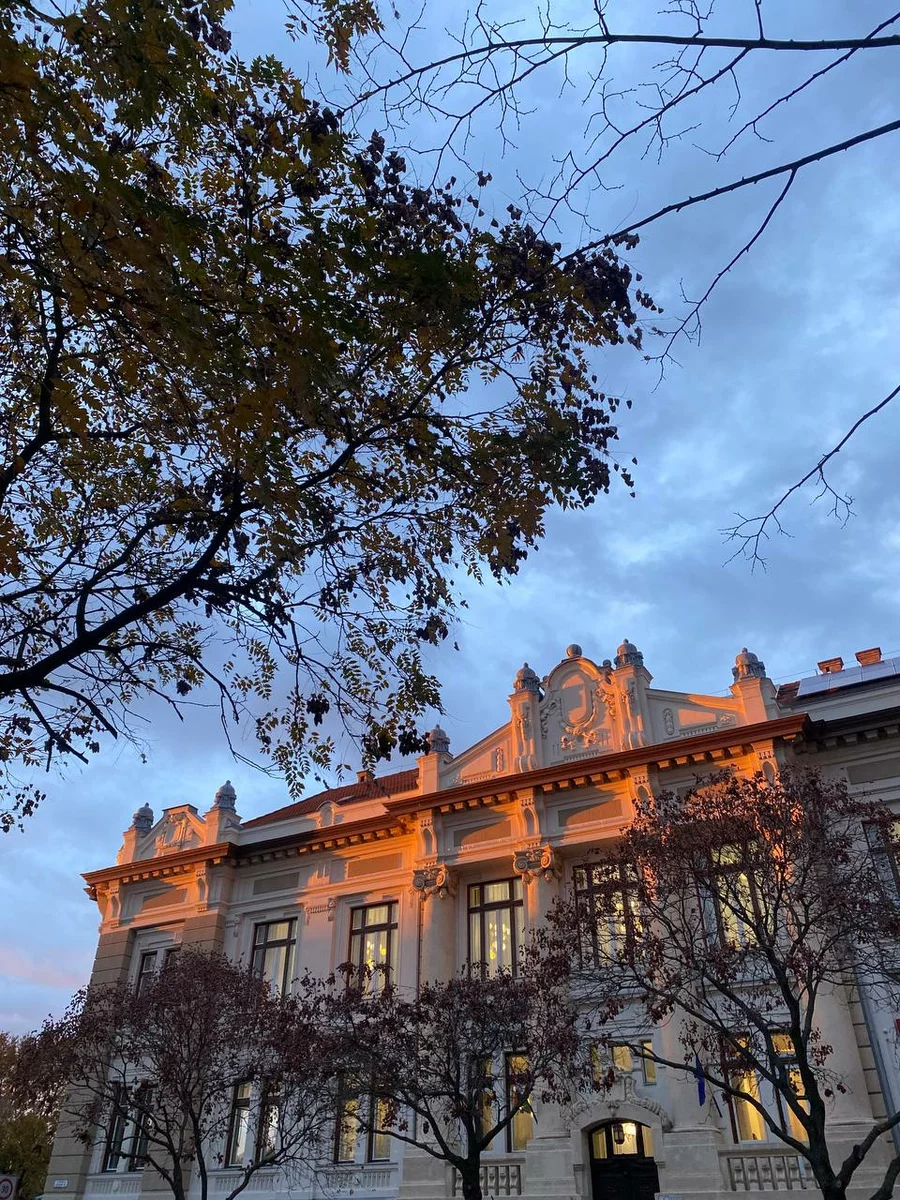
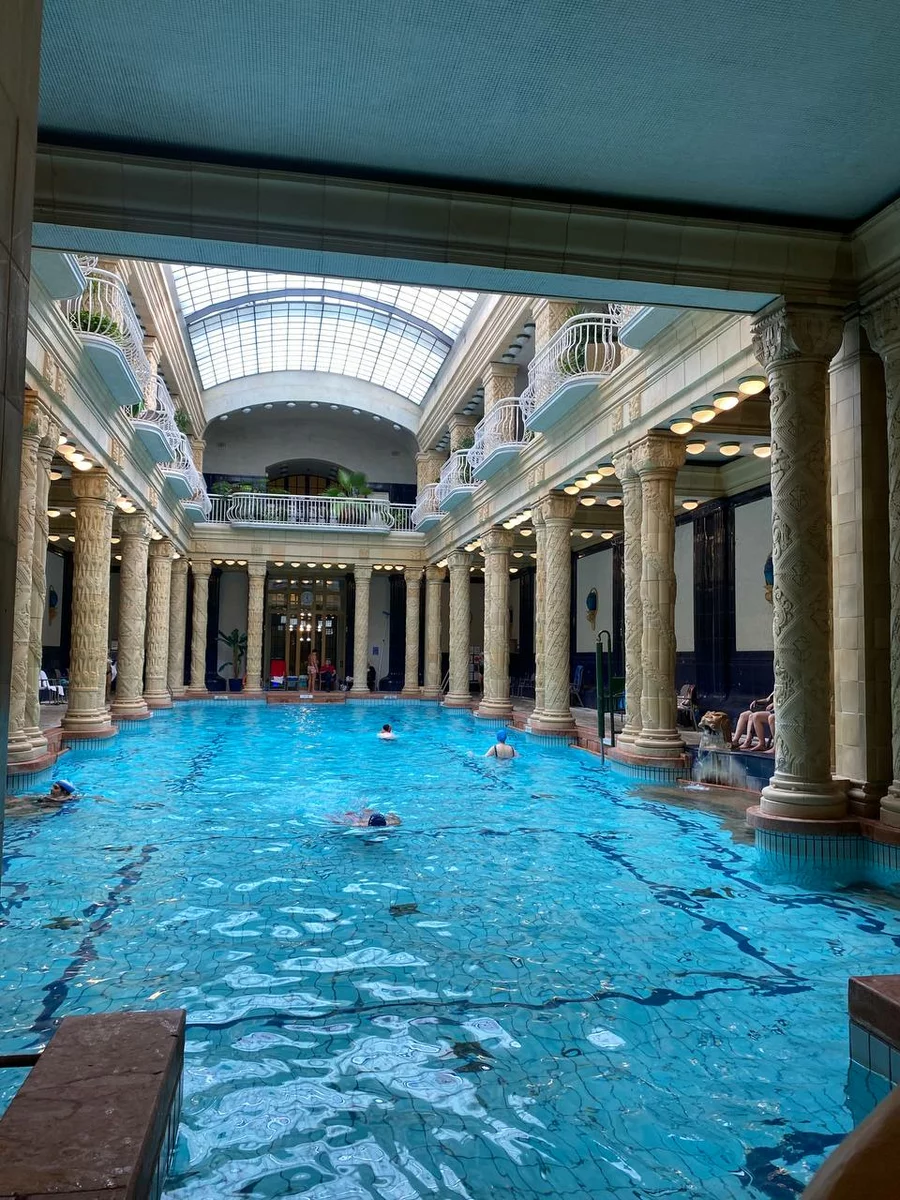
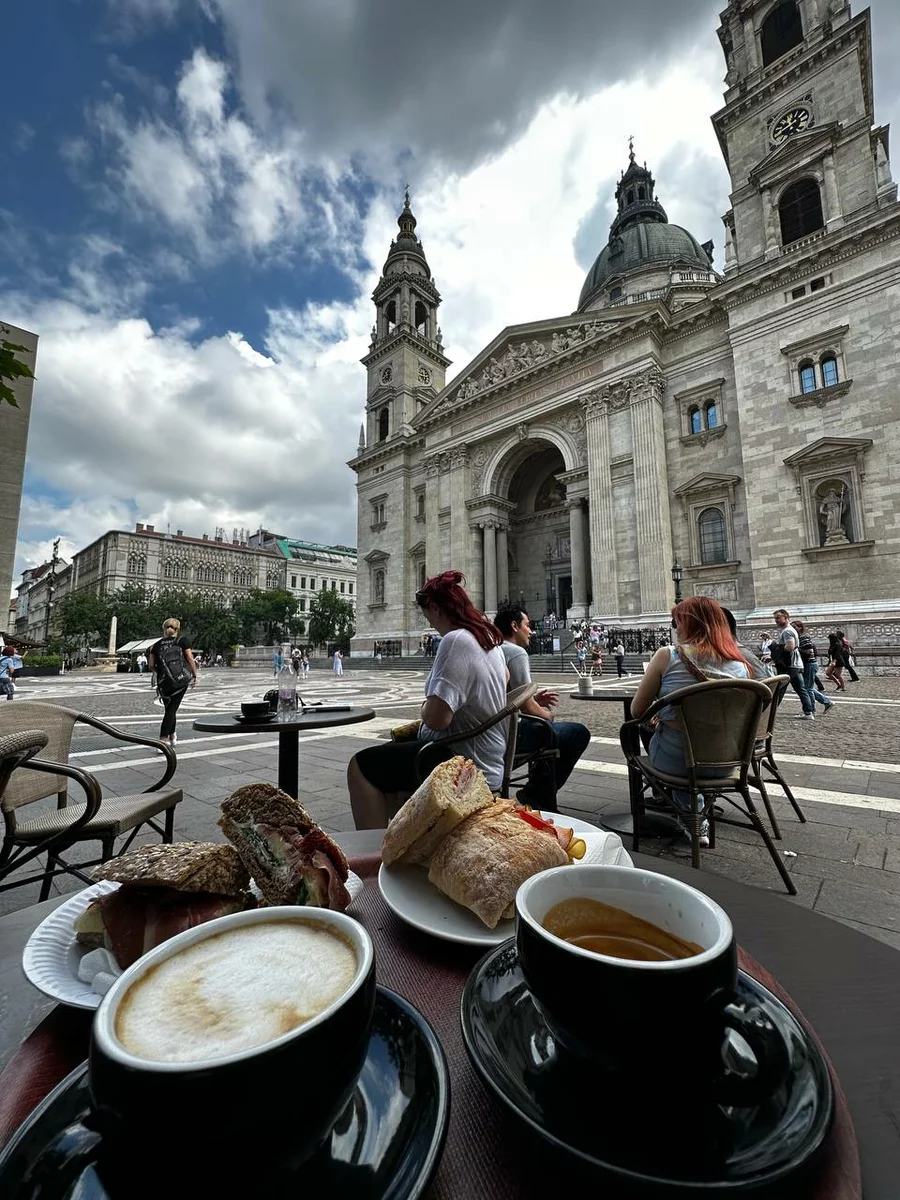
Do you want to share your personal experience of relocating and living in another country? Email us at info@realting.com. We will be happy to tell your story.
Author
I am responsible for editorial work. I write expert interviews and guides.
















